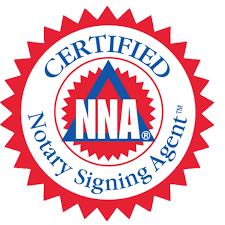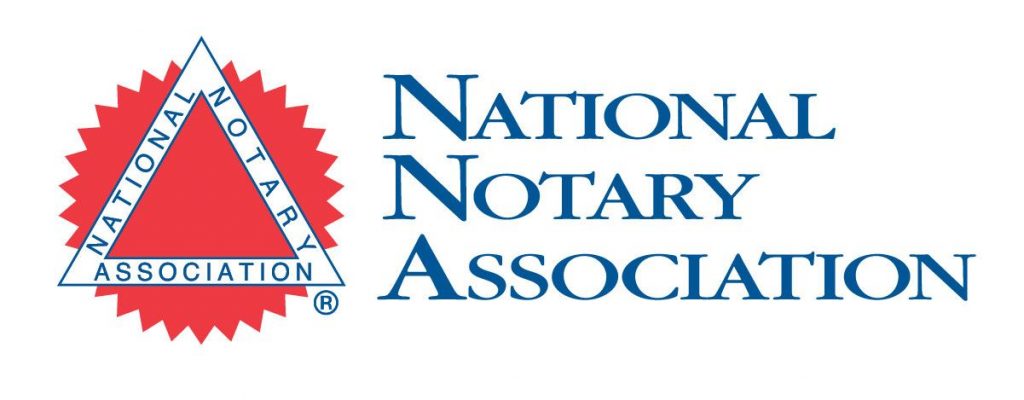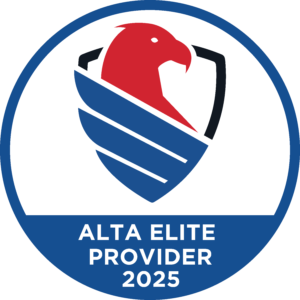From THE NATIONAL Notary Bulletin
Filling the gap: What Notary E&O insurance will and won’t cover
By Kelly Rush on November 6, 2020
Just about every mobile Notary has Notary errors and omissions insurance. In fact, having an E&O policy is a business requirement for Notary Signing Agents to get loan-signing assignments from title companies and signing services.
The mistake many NSAs make is thinking that their Notary E&O policy is a catchall safety net that protects them from lawsuits and claims resulting from any mistake they might make. Depending on what the claim is, you could be on the hook for a lot of money if something goes wrong.
Most states require Notaries to purchase a bond, which protects signers from losses due to a mistake with a notarization. The Notary E&O policy protects the Notary against claims. Here’s the catch: Notary E&O covers only actions related to a Notary’s capacity as a duly commissioned and sworn officer of the state. That means it does not cover acts unrelated to notarizations, like practically everything else an NSA is required to do.
Forget to mail the closing check? Lose the title company’s paperwork? Mail something to the wrong bank? Notary E&O would not cover the NSA in these cases because these errors do not relate to the performance of a notarial act. Kim McPartland, a claims examiner with Merchants Bonding Company, explained that many NSAs are shocked when they learn that there is no coverage under an E&O policy because the alleged wrongdoing fell outside the scope of a Notary’s official duties.
What is covered by E&O?
At the end of the day, the main duty of a Notary is to identify a signer. “Anything that stems from a non-notarial duty, like putting Fed Ex in the mail in a timely manner is outside the scope of coverage of the Notary” E&O policy,” she said. “It’s not the Notary’s job to make sure documents are sent in a timely manner.” That’s the Signing Agent’s job.
“It’s not the Notary’s job to make sure documents are sent in a timely manner.”
Merchants Bonding Claims Examiner Kim McPartland
In fact, the language in a standard E&O policy will be very clear about what is covered. In one example, the policy states that the insurance company will pay under the following conditions: “Breach of duty while acting as a duly commissioned and sworn Notary Public…arising out of the performance of notarial services for others in the insured’s capacity as a…Notary.”
McPartland stressed the importance of reading and understanding the policy. “The NSA could be liable if someone files a lawsuit, and it goes to court. They need to know what their policy covers.”
What isn’t covered by E&O?
McPartland shared a few examples of Notary E&O policy claims that were denied due to lack of coverage because the Notary was performing tasks as a Signing Agent, not in their official capacity as a Notary.
In one case, an Illinois NSA put the wrong loan payoff amount on closing settlement documents he prepared. It was his responsibility to make sure the payoff amount was correct. The mistake caused the sellers to lose more than $6,000. This mistake was a result of his duties as a Signing Agent, not a Notary, so it was not covered under his E&O policy.
A New York Notary sent the payoff letter and payoff check back to the wrong title company. This error caused a delay in the closing and damages of more than $3,000. Again, because the damages were a result of the Notary’s work as a NSA, the claim was denied.
In California, a title company alleged that the Notary failed to send the closing documents to a lender in a timely manner, causing damages of $90. Since this act fell under the NSA’s work as a closing agent the claim was denied.
In another case, a Michigan Notary failed to deliver the completed closing package to Fed Ex in a timely manner, causing the title company to have to re-issue the closing check. The NSA was on the hook for more than $3,500.
And in one extraordinary case, a NSA misplaced a cashier’s check for more than $50,000. McPartland explained that since getting a cashier’s check to the correct location is not a notarization-related task, but rather a Signing Agent task, there was no coverage under the E&O policy and the claim was denied.
None of these examples involved problems with a notarization, which is why none of them were covered under the Notary’s E&O policy.
3 Important Things To Remember About E&O Insurance
- Notary E&O Insurance only covers acts as a Notary. It does NOT cover non-Notary tasks performed by Signing Agents, such as mailing closing checks or delivering completed loan packages.
- Review your insurance policies so you know exactly what coverage you have — and what areas aren’t covered.
- If you think you need additional coverage, contact a qualified insurance broker for assistance.
Mitigating risks
All mobile notary work involves risk — NSAs are driving at all hours of the day and night without the resources of a home office or additional staff members who can help out in a pinch by printing or mailing hefty loan packages, and other tasks. They also handle a huge variety of documents and paperwork, and it’s easy enough to lose something or mail it late. To top it off, their mistakes as independent contractors are not usually covered by the company who hires them, such as a title or lending company. In fact, the title company may come after the NSA for damages in order to minimize its own liability.
Notary E&O insurance is not the only product on the market to protect Notaries. One product, called a signing agent policy, will pay for many of the types of claims that E&O does not cover. Notaries have a variety of insurance companies to choose from, depending on the state in which they live and their personal insurance needs.
Signing agent insurance is designed to fill the gaps not covered by traditional Notary E&O. That means signing agent policies will cover mistakes such as incorrectly dating the right of rescission, untimely completion of the signing, and a slow return date of sensitive documents. A simple internet search will yield various options.
Different policies may require different qualifications. You may, for example, be asked to show proof that you have taken Signing Agent training, belong to a professional association or keep a journal. Different policies will also have different deductibles and levels of protection. An NSA who performs just a few closings a month will likely want a higher deductible and a smaller overall amount of coverage than an NSA who does several closings a day.
You also could consult with a trusted local insurance broker. Remember, as an NSA/mobile Notary, you are operating a small business, and every business — large or small — needs proper insurance.
Whatever products you choose, McPartland recommends that you read the policy in its entirety and make sure that it covers the bulk of your typical closing duties. At the end of the day, you don’t want to be surprised when a claim situation arises and you learn that you have exposure because of gaps in your existing insurance coverage.










